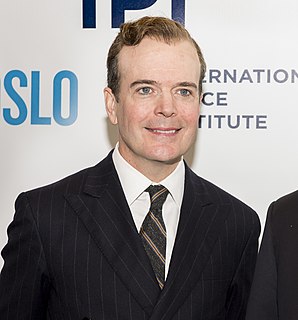A Quote by Charlotte Mason
As for literature – to introduce children to literature is to install them in a very rich and glorious kingdom, to bring a continual holiday to their doors, to lay before them a feast exquisitely served. But they must learn to know literature by being familiar with it from the very first. A child's intercourse must always be with good books, the best that we can find.
Related Quotes
The way to rock oneself back into writing is this. First gentle exercise in the air. Second the reading of good literature. It is a mistake to think that literature can be produced from the raw. One must get out of life...one must become externalised; very, very concentrated, all at one point, not having to draw upon the scattered parts of one's character, living in the brain.
It seems to me that literature is giving way a little bit to the immediacy of other diversions, other forms of entertainment. What will it be in fifty years? I don't know. Will there be printed books? Probably, but I'm not sure. There's always going to be literature, though. I believe that. I think literature has a way of getting deep into people and being essential. Literature has its own powers.
For the judging of contemporary literature the only test is one's personal taste. If you much like a new book, you must call it literature even though you find no other soul to agree with you, and if you dislike a book you must declare that it is not literature though a million voices should shout you that you are wrong. The ultimate decision will be made by Time.
Of course all children's literature is not fantastic, so all fantastic books need not be children's books. It is still possible, even in an age so ferociously anti-romantic as our own, to write fantastic stories for adults: though you will usually need to have made a name in some more fashionable kind of literature before anyone will publish them.
It does not follow because many books are written by persons born in America that there exists an American literature. Books which imitate or represent the thoughts and life of Europe do not constitute an American literature. Before such can exist, an original idea must animate this nation and fresh currents of life must call into life fresh thoughts along the shore.
Our great problem, is that children now know whatever they want to know - at the press of a button they can discover all horrors of the adult world. They know very early on that the world is sometimes a very dark, difficult and complex place, and the literature they read must reflect that. Otherwise we're just entertaining them to pass the time.


































